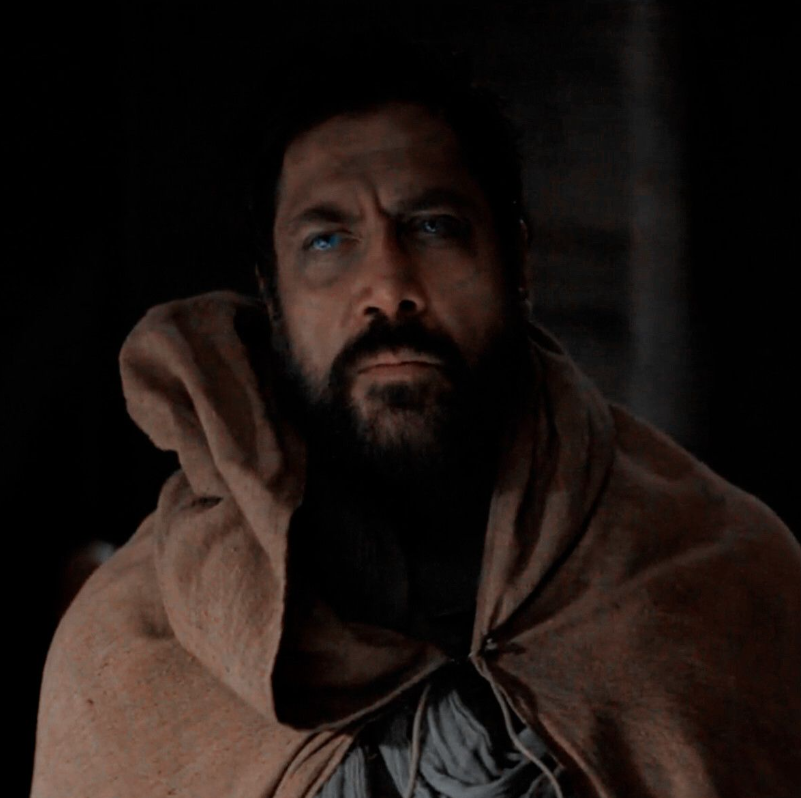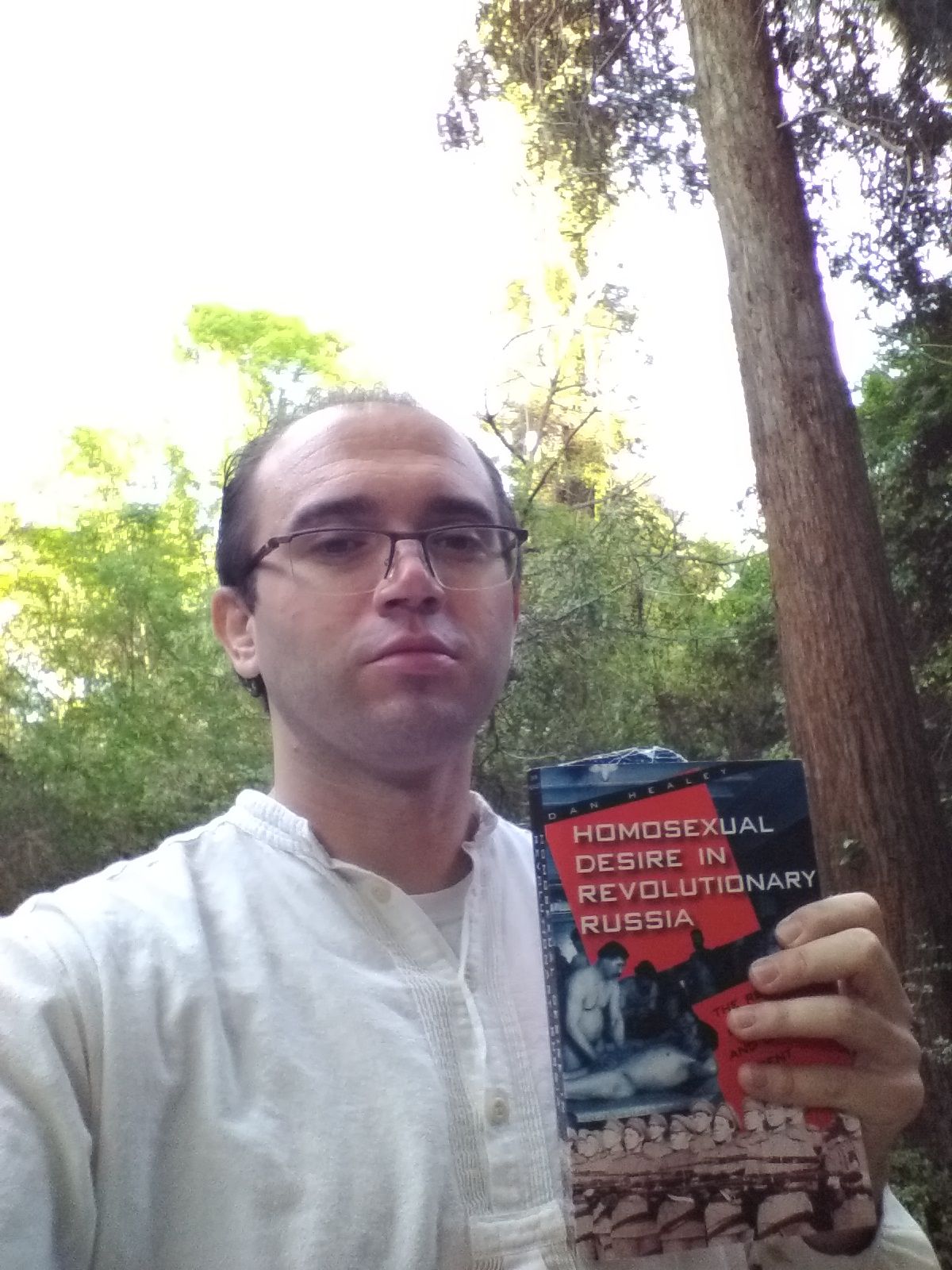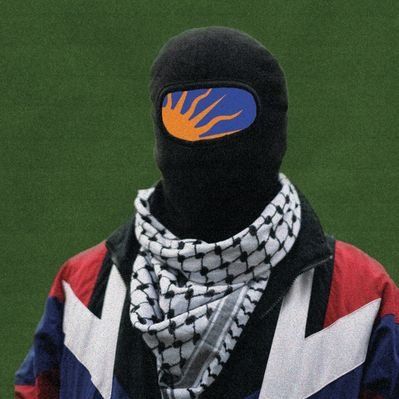Following delays owing to sustained strikes launched last year by Hollywood actors and screenwriters, Québécois director Denis Villeneuve's much-anticipated Dune Part Two (2024) hit theaters this March, and became available to stream two months later. As the sequel to Dune (2021), the first half of Villeneuve's cinematic adaptation of Frank Herbert's psychedelic 1965 science-fiction novel of the same name, Dune Part Two was co-written by Villeneuve and the white U.S.-Americans Eric Roth and Jon Spaihts. Taken together, these two films present impressive action sequences and often-breathtaking cinematography, and they present a subtly anarchist critique of domination, as summarised in Emperor Shaddam IV's insight that 'the heart is not meant to rule.' Even so, one must consider just how much 'the filmmakers actively subdued most elements of Islam, the Middle East and North Africa (MENA)' from the source material—that is, Herbert's novel—in the words of scholar Haris Durrani.
Set some 20,000 years from now, the deep future portrayed by Herbert is meant to be profoundly influenced by modern history. As Durrani explains, some of these political and historical influences include 'T.E. Lawrence’s Bedouin exploits […], Caucasian Muslim resistance to Russian imperialism, OPEC[,] and Indigenous struggles in the United States and Latin America.' On the one hand, while the Indigenous Fremen people of the desert-planet Arrakis—otherwise known as Dune—are portrayed as 'Sand Pirates,' the notorious Corrino Empire, ruled by the Padishah Emperor Shaddam IV (whose title refers to the 'Great Kings' of Persia), is upheld by special forces known as Sardaukar (Sardaukar is an adapted portmanteau of the Persian and Arabic words for 'lord' and 'army,' respectively (Herbert's Dune 1965: 502)). On the other hand, the name of the Fremen is likely derived from the Amazigh ('free man') people, otherwise known as Berbers, of the Maghreb region of northern Africa, as researcher Haifa Mahabir points out. Furthermore, writer Margari Hill details that the Fremen revolt, so central to the story's drama, follows the example of Mahdist Sudan (1885–1899), which overthrew British and Ottoman-Egyptian imperialism for some time.
In this sense, to answer the question posed by Tom Huddleston in his review of Dune Part Two for The Guardian, Villeneuve's films are arguably unfaithful to Herbert's original vision. After all, the author's novels aimed at portraying Islam as 'a part of the future universe at every level,' in the words of Professor Ali Karjoo-Ravary. Indeed, as he writes, Herbert viewed 'Arabic and Islam' as 'inextricable from humanity’s past, present, and future.' By contrast, Villeneuve exploits Jordanian and Palestinian labor for his film-production; utilises MENA and Transcaucasian musical motifs and instruments for the films' soundtracks, composed by Hans Zimmer; and appropriates traditional Amazigh, Bedouin, and Kurdish facial tattoos (considered taboo by Islamic oral traditions) for the appearance of Lady Jessica Atreides (played by Rebecca Ferguson) in Dune Part Two. Despite all this, the director-screenwriter systemically erases Herbert's centering of Islam and MENA societies in the future. Let us explain how.
To begin with, although the messianic Shi'ite concept of the Mahdi (or redeemer) underpins the unexpected acceptance of the persecuted young outsider Paul Atreides (Timothée Chalamet) by the Fremen masses as their supreme commander, the 2021 and 2024 films do not clarify the connections to Sudan, Shi'ism, and Islam at all. In parallel, the films do not acknowledge the Jewish roots of the millenarian Talmudic idea of the Kwisatz Haderach (adapted from the Hebrew phrase for 'shortening of the way'), much less the mark of the Book of Exodus on the nomadic Fremen. Along similar lines, there is no indication that Paul's adopted Fremen name, Muad'Dib, is Arabic for 'teacher.'
Plus, whereas Herbert's Fremen describe themselves as Nilotic (from much of northeastern, eastern, and central Africa) and, specifically, from Misr (Egypt); greet each other in Levantine Arabic; follow fiqh (Islamic jurisprudence); and observe Ramadan, the Islamophilic and Arabophilic aspects of Dune are scrubbed from Villeneuve's movies (ibid: 341, 502–13). The latest film only vaguely recalls the Fremen's Islamic religion through costume design and passing depictions of collective prayer. Although certain scenes suggest that the Fremen prostrate themselves in prayer, following the Muslim practice of sujūd, Villeneuve is very averse to actually showing this ritual on-screen. As though horrified, his camera often breaks away, dispelling any doubts about his Islamophobia.
While the filmmakers, to their credit, do cast African and African-American actors as Fremen, they also cast the Spaniard Javier Bardem as the Fremen leader Stilgar (see photo below), and Christopher Walken as Emperor Shaddam IV. Moreover, although the militaristic and Greek-coded Atreides dynasty is served by master swordsmen like Gurney Halleck, whom Herbert subtly depicts as having Maghrebi ancestry, he is played by Josh Brolin in Villeneuve's version, and by Patrick Stewart in David Lynch's 1984 cinematic adaptation. Commenting on this dynamic, writer Ayan Artan astutely observes that neither of Villeneuve's films has '[any]body from a MENA background anywhere in the main cast of actors.' The only exception is Souheila Yacoub, who plays the minor character Shishakli, a friend of Chani. Played in turn by Zendaya, Chani is Paul's Fremen love-interest.
These casting choices result in a bizarre soundscape of voices, providing a futuristic twist on the Tower of Babel. Despite their vast differences in planetary origins, social class, and political power, Paul Muad'Dib Atreides, Chani, and Shaddam IV all share U.S.-American accents in these films. Meanwhile, Lady Jessica, Paul's mother, has a British accent... It's quite a mess. The Puerto Rican actor José Ferrer, who played Shaddam in Lynch's film version, made for a far more compelling Emperor than Walken does. Admittedly, though, Villeneuve's fascistic Harkonnen usurpers exhibit well-coordinated and macabre voice-distortions.

Based on the Arabic slogan 'Ya ya shuhada,' the cry 'Long live the fighters!' is raised in the novel by the assembled Fremen in response to Paul's simultaneous declaration of neo-feudal ownership over Arrakis and jihad against the Harkonnens who killed his father. (Yet, rather than to fighters per se, the Arabic phrase refers literally to martyrs). Herbert adopted this slogan from the Algerian Revolution against French colonialism (1954–1962), and jihad from the Islamic tradition, reflecting his interest in decolonisation struggles—despite his paradoxical conservatism. Nevertheless, Villeneuve and company have Chalamet and his followers yell gibberish that bears no resemblance to the original Arabic, just as they replace the Fremen jihad with a 'crusade,' or (at best) a 'holy war.'
What is more, the Fremen language spoken in these films, Chakobsa, distinctly lacks the Arabic foundation found in Herbert's art-work. This discrepancy appears to be by design, as the films’ linguist David J. Peterson removed much of the Arabic from the film version of Chakobsa for the apparent sake of 'believability.' The major exceptions are names and phrases like Arrakis, Muad'Dib, and Lisan al-Gaib. (In Arabic, Arrakis means 'the dancer,' and Lisan al-Gaib translates to 'the hidden tongue,' which Herbert renders as the 'voice from the outer world,' in reference to Paul).
Major spoiler: The heroic 'dark-skinned' fighter Duncan Idaho (played by Jason Momoa in 2021, and Richard Jordan in 1984), who dies defending the Atreides in Dune, is resurrected in Dune Messiah (1969). Later in the series, during his twelfth reincarnation, it is implied that he is the true Mahdi—very much in line with Twelver Shia eschatology. Yet, other than for highlighting Idaho's combat skills, we get no sense of this from Villeneuve's Dune.
Villeneuve's Chauvinism and the Gaza Genocide
Broadly speaking, it is hard to dissociate the stark anti-Muslim prejudice and chauvinism against Arabs and Amazighs evident in the Dune films from current events: specifically, Israel's genocide of Palestinians in Gaza. The symbolic violence seen in Villeneuve's erasure of the centrality of Islam and MENA culture to Herbert's fictional universe for his own adaptation is ironically part of the same continuum as the ongoing mass-violence committed against Arabs and Muslims, especially in the Occupied Palestinian Territories, Occupied Kashmir, Syria, Iraq, Xinjiang, and Burma (Myanmar), among other places.
As Durrani notes starkly, '[t]he screenwriters of the 2021 film said, "Arabs aren't a part of 'our world […]."' Fellow scholar Khaldoun Khelil observes soberly in parallel: 'That there are zero Arabs in this film with a speaking role seems almost unreal, but not if it’s understood as a conscious decision.' A similarly critical analysis could be made of the 2024 film, without overlooking its inclusion of a speaking role for Yacoub, as previously mentioned. Overall, though, Khelil rightly points out that 'there is an editorial decision being made [in these films] where [Fremen] Arabness cannot exist.' Israel in effect conveys a similar silencing and blotting-out of life when it carries out genocidal mass-killings in, and imposes famine conditions on, Gaza.
That being said, Villeneuve's newest work does depict the ghastly Harkonnens carrying out indiscriminate violence against Fremen civilians. To some extent, the Harkonnens' mass-bombardment of the Fremen Sietch (itself an allusion to the Zaporizhian Sich, an early-modern Cossack stronghold in Ukraine destroyed by Tsarist Russia in the late eighteenth century) recalls the endless heartbreaking news from Gaza (and Ukraine). After all, Herbert's work was written during the Algerian Revolution and the Vietnam War—and given Russia and Israel's ongoing wars on Ukraine and Gaza, respectively, this shows just how very 'stuck' we are in 'the past that one would like to evade' (Theodor Adorno). Eerily, the Fremen's mass-migration 'south' to flee the Harkonnen onslaught echoes Israel's forcible displacement of Gazan Palestinians toward Rafah. Likewise, the Fremen's reliance on the element of surprise and attacks from underground mimic military tactics long used by Palestinian resistance groups—not just Hamas. However, given the filmmakers' chauvinistic obsession with suppressing the Arab and Islamic features of Herbert's novel, these important connections may be less readily made.
In the end, Villeneuve's Dune films conform entirely with hegemonic Western notions of Islamophobia that in turn facilitate imperialist depredations in MENA, South Asia, and parts of Africa. As such, these films not only betray the spirit of Herbert's open-minded artistic imagination, which foresaw a Muslim universe 'not based on Western, Christian mythology,' but also fail to challenge the real-life equivalents of the novel's aggressors: in place of the Atreides, Harkonnen, and Corrino dynasties, the U.S., Israeli, and Russian governments. As film critic Siddhant Adlakha aptly summarises, these movies appropriate a compelling allegory for 'Arab and Middle Eastern struggle against colonial powers' in a 'cowardly and apologetic' way. By 'de-Islamizing' Dune, they break radically from 'the source material’s revolutionary spirit.'
Insofar as Herbert's anti-imperialist and anti-capitalist themes resonate on the big screen (and the box-office success of Dune Part Two suggests they do), their true meaning and most radical potential can perhaps best be found by reconnecting with the author's Islamophilic, cosmopolitan, and internationalist spirit—itself likely a reflection of his socialist upbringing and anarchist sympathies. This is the case, despite the author's pessimistic and conservative critique of revolution (as conveyed especially in Dune Messiah)—and definitely notwithstanding Villeneuve's racist deletion of Islam and MENA cultures from the speculative future.
Many thanks to our patrons who help keep The Commoner thriving:
Kevin Atkinson, Vervain, Carrie Sanders, Ben Dunn, Barry, Loke, Alex Paterson, Le Val, Bogdan Ovidiu Gheorghiu, Cy.Maggran, Chaotic Capybara, Diana Rahim, Jordan, Joshua Akapo, Kimonoko, Meghan Morales, Aryeh Calvin, Aki, Steven Adger, Simona Ferlini, and Richard Grayson.
If you'd like to help support our current work and future goals, consider becoming a patron at:


